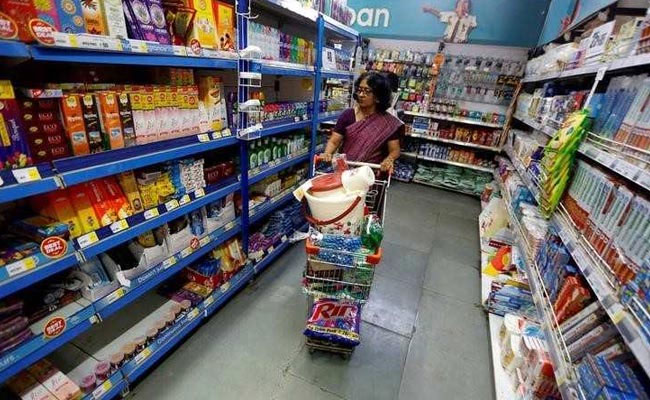
 From shampoos to sanitary ware, from handmade furniture to plywood, the prices of all together 200 items may come down and become cheap as before. Arun Jaitley, the Finance Minister, along with all the other Council members in a meeting held in Guwahati lately could give an approval to the tax cutting on various common goods, which would be beneficial for the businesses as well as the consumers. A decision on lowering the taxes applied in the restaurants might be taken. The GST council may extend more relief to the low-scale and medium-scale enterprises.
From shampoos to sanitary ware, from handmade furniture to plywood, the prices of all together 200 items may come down and become cheap as before. Arun Jaitley, the Finance Minister, along with all the other Council members in a meeting held in Guwahati lately could give an approval to the tax cutting on various common goods, which would be beneficial for the businesses as well as the consumers. A decision on lowering the taxes applied in the restaurants might be taken. The GST council may extend more relief to the low-scale and medium-scale enterprises.
What we can expect from GST board meeting:
- On more than 200 daily use items, the taxes paid are expected to be cut short to 18% right from 28%. The government may trim the items falling under the highest GST rate decided earlier which was 28%.
- These items comprise playing instruments, suitcase, stationery articles, furniture, wall paper, watch, sanitary ware, shampoo, plywood etc.
- The GST panel could also take the decision to cut down on the taxes applied on cuisines served in restaurants.
- Himanta Biswa Sarma, the Assam’s Minister of Finance, also a part of the GST council committee, has suggested to not to classify the tax rates of restaurant on a restaurant being AC restaurant and non AC restaurant and rather uniform 12% tax should be applicable.
- GST applicable on any AC restaurant is 18% and that for non-AC restaurant is 12% currently.
- Hotels whose room rates are more than Rs.7,500 and dining at such hotels should have a uniform tax rate of 18% rather than having discrete category for hotel that is five star, which at present falls under 28% category, the Assam Finance minister suggested.
- Under the composition scheme, the members of committee recommended to bring down the taxes for the restaurants and manufactures to 1%. While rate for restaurants is 5%, manufacturers pay 2% GST. The traders pay GST of 1%.
- Composition scheme can be opted by businesses that have a turnover up to Rs 1 Crore annually, which would allow them without any input credits, further enabling them to pay tax. To reduce the cost of compliance for small businesses is the main aim of introducing optional composition scheme.
- To file three returns every month under the GST set-up, the Council will be reviewing the requirements necessary for it, which would ease small businesses’ burden.
- Since the new indirect tax regime was introduced, the GST council has been meeting every month. Taxes have already been rationalized for over 100 items by the representatives of all states. Various goods and services were had been placed in the various percentage brackets such as 5%, 12%, 18%, and 28%.
